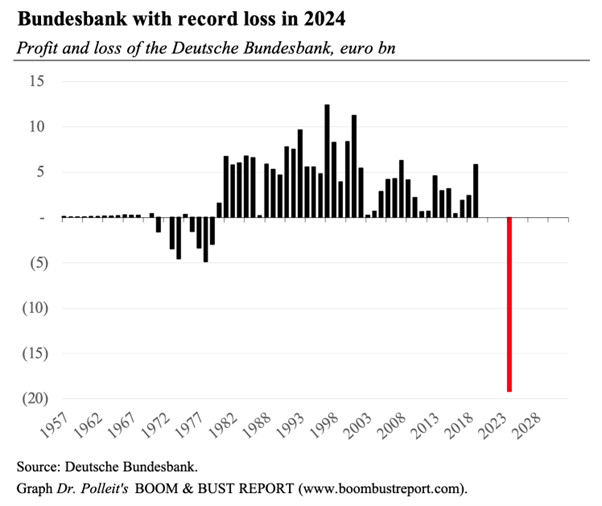

Thorsten Polleit
Dr. Thorsten Polleit worked as an economist for a large investment bank from 2000 to 2012, and 12 years for an international precious metals trading house. Since 2014, Thorsten is honorary professor of economics at the University of Bayreuth, Germany. His fields of interests are monetary and capital market theory, the history of economic thought and epistemology. Thorsten is founder and president of the Ludwig von Mises Institut Deutschland and Adjunct Scholar of the Ludwig von Mises Institute, Auburn, US Alabama. Thorsten has published many articles in refereed journals and written a couple of books (the last one being “The Global Currency Plot”, 2023).
Tags:
Disclaimer: The views expressed in this article are those of the author and may not reflect those of Kitco Metals Inc. The author has made every effort to ensure accuracy of information provided; however, neither Kitco Metals Inc. nor the author can guarantee such accuracy. This article is strictly for informational purposes only. It is not a solicitation to make any exchange in commodities, securities or other financial instruments. Kitco Metals Inc. and the author of this article do not accept culpability for losses and/ or damages arising from the use of this publication.